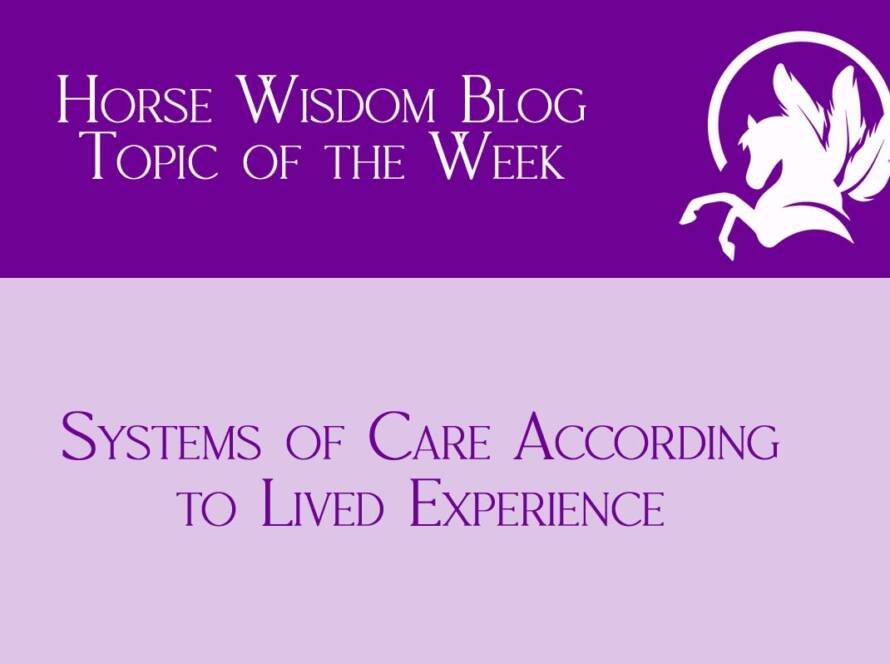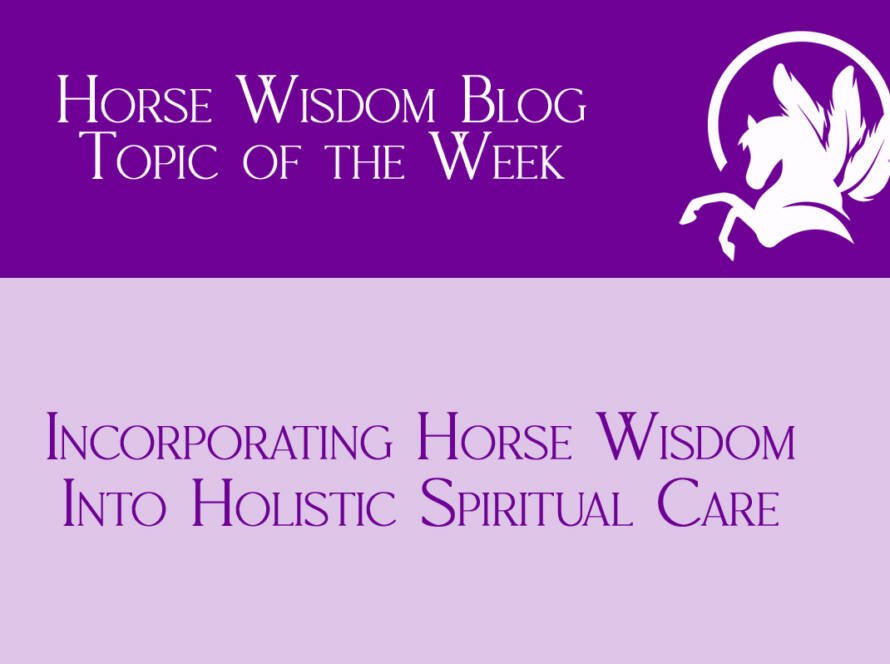Horses are ingrained in our myths and legends. Whether it’s Buchephalus, the horse ridden by Alexander the Great, the great racehorses Ruffian, Secretariat, Man o’ War, and Seabiscuit, or even those from television like Mr. Ed or Trigger. Or Buck, the horse ridden by Ben Cartwright and after whom my mom named one of our cats.
What does this have to do with spiritual storytelling?
It’s because our spiritual stories, like the stories we impress upon horses, are often ones that are handed to us, full-cloth, and not considering what the horses wanted or would prefer.
Now, I’m not talking about those individual horses. I didn’t know any of them and some, like Trigger and Buck, lived with their screen co-stars for the rest of their days, so they were clearly loved. No, I’m talking about broader myths here.
A couple of them in the equestrian world go like this: A horse needs a job. Horses love to work.
These myths are often used to somehow make those who do not ride feel bad about that or as if they’re somehow missing out. And while it’s true many horses are smart and need stimulation, it’s also just as true that if given a chance and you listen, the horse will tell you what it wants to do. Sometimes it can be genetic, such as when my stock-type (Quarter Horses/Paints) stand at the fence and stare at the cows in the next pasture. It could be that they are curious about the sometimes new arrivals (the person who owns the pasture rotates out cattle as he weans and sells them), but it also could be that over countless generation those horses were bred to work with cattle and if what I was told is to be believed, one of my horses (Goofy Gelding) actually comes from famous cutting horse bloodlines. Certainly he’s built like it.
But if we broaden out the messages about horses from the color of the horse that a character in a tv show or film rides to our ideas about the west, freedom, and even America and its natural treasures, are shaped by larger, cultural forces and financial pressures and forces, such as in the case of our American mustangs.
The horse world is starting to understand that horses are individuals and the old dominance methods of horsemanship aren’t just cruel, but also don’t work. And with that, there’s a reexamination of everything equestrian where riders and horse owners, breeders, and trainers alike are rethinking their relationship to these animals.
It’s time we start to do that to our spiritual stories as well.
Think about all the truisms that you may have internalized, the generalizations that you think are true or accept as the truth without examination or explanation. Then think about how these things either align with or create dissonance with your own personal desires, beliefs, thoughts, and wishes. This is only one aspect of spiritual stories, and only one aspect that also applies to spiritual stories and horses, but it’s also a big reason why I love to include my horses in my spiritual work.


